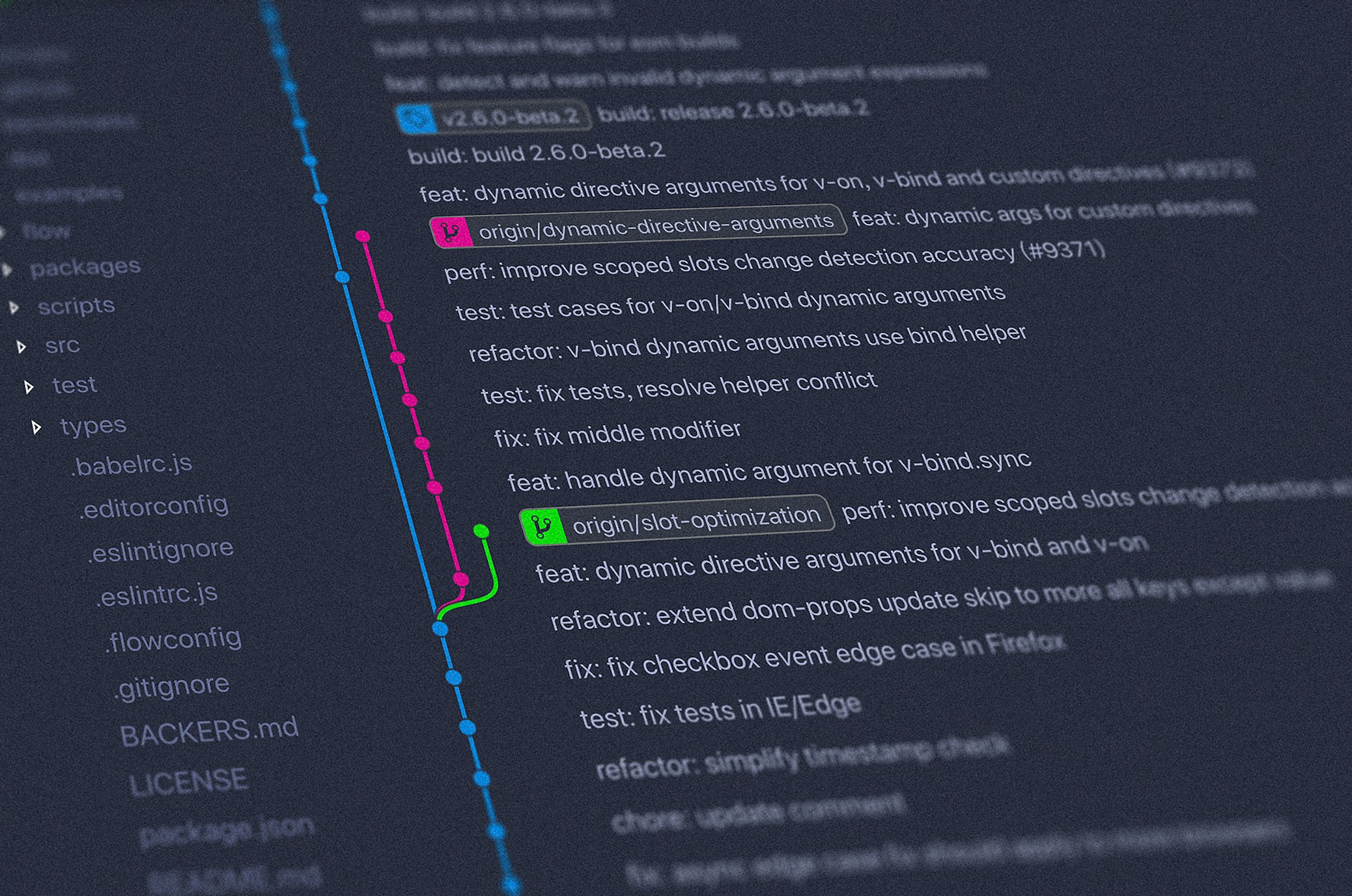When working in a multi-repository or large mono-repo project, eventually developers will have to refactor out some files and folders across from one project to another.
As developers reach a point where they have to start splitting up the large repository into smaller sub-repos, preserving the commit history during this migration process can be very handy for future bugs and adjustments.
As you may have already noticed, when simply trying to move files from one repo to another we lose any history correlated to that file and are unable to trace back any changes.
The following steps outlined below will demonstrate how to achieve history retention during file migration.
Prerequisites
An additional tool called git-filter-repo will be used to prepare the repository to be migrated by filtering out only the necessary files and commits.
For this tool to function as intended git and python should be installed and added to the systems path.
Installation
A more detailed set of instructions can be found in the tool’s GitHub repo
Step 1
Clone the tool from GitHub or download the files manually.
git clone https://github.com/newren/git-filter-repo.git
Step 2 (Optional)
Edit the first line of the file called git-filter-repo and replace python3 with python depending on your Python installation you may skip this step.
Note: Come back to this step if the setup was unsuccessful.
Step 3
Next type in the command git --exec-path and paste the file git-filter-repo into the outputted location. In this case the outputted location being /usr/local/libexec/git-core
git --exec-path
> /usr/local/libexec/git-core
cp git-filter-repo /usr/local/libexec/git-core/git-filter-repo
Note: Ensure the file permissions on
git-filter-repoare the same as all the other executables under thegit-corefolder.
sudo chmod 755 /usr/local/libexec/git-core/git-filter-repo
Step 4
Check if the installation was successful, the following output should be observed
git-filter-repo
No arguments specified.
Note: The
--helpoption will not work but there is documentation available online.
Moving Files while preserving Git History
Step 1
Clone or download the source repository from which the files are being filtered and extracted e.g.
git clone <Original repo URL>
Step 2
Next, create another directory and initialise it as a Git repository with no commits.
mkdir filtered-repo
cd filtered-repo
git init
Step 3
Perform the filtering on the repo that was initially cloned and save the changes in the newly initialised Git repo. This is done by setting the --source and --target repo options when using git filter-repo e.g.
--source <Original repo path> --target filtered-repo/
There are a number of filtering options that can be found in the documentation, the most common being --path and --path-rename
Note: Much like git itself renames are not followed through. Hence let’s say during development a file was renamed from
index.jstoserver.jsand the filter command only specified the path forserver.js, the tool will only filter out the commit history up until the point it was renamed.
Therefore all file history prior to the rename when server.js was called index.js will not be preserved.
To get around this issue multiple paths will need to be specified in the filter command using the --path option.
--path olddir/ --path newdir/
In this case, to apply the command for the situation described above would be as shown below.
git filter-repo --path server.js --path index.js
Note: The
--path-renameoption is also very useful as it helps contain all the files within a resultant sub-directory of your filtered repo, which makes pulling commits from the filtered repo to the new project to be much smoother.
--path-rename <old path>:<new path>
Examples
Below are some examples of what the final filtering command may look like. More can be found in the user manual.
This command ensures that commits and files relating only to the lib-encrypt directory will be filtered into the target repo (filtered-repo).
git filter-repo --source <Original> --target filtered-repo
--path libs/lib-encrypt
--path-rename libs/lib-encrypt:lib-encrypt
--preserve-commit-hashes
However the command above will not retain any commit history prior to any renames, hence multiple paths will need to be specified as shown below.
git filter-repo --source <Original> --target filtered-repo
--path libs/lib-encrypt
--path libs/lib-base64
--path-rename libs/lib-encrypt:lib-encrypt
--path-rename libs/lib-base64:lib-encrypt
--preserve-commit-hashes
As can be seen from the command above lib-encrypt used to be named lib-base64 hence in order to retain all history prior to this rename multiple paths have been specified.
With the command above the outcome can be observed in the target repo (filtered-repo) where all the filtered files will be saved in the following structure <project root>/lib-encrypt/* as specified by the--path-rename option.
Note: When specifying multiple
pathsto filter, the same number ofrenamesshould be specified to bring all filtered files into one subdirectory.
Step 4
Once all the filtered files have been saved in the target repo (filtered-repo) within a sub-directory (e.g. lib-encrypt), navigate to a cloned location of your new project where you want to migrate the files to.
git clone <New Project URL>
cd <new project>
Once present add another remote repository and set the local location of filtered-repo as the remote repo location.
git remote add modified-source ../filtered-repo
Once added pull commits from this repo. This will merge the commits from the filtered-repo into your new project.
git pull modified-source master --allow-unrelated-histories
Finally, make any necessary final changes and push to origin.
git remote rm modified-source
git push origin -u -all

